Not losing weight on a calorie deficit can indicate a miscalculation of intake or adaptive metabolism. Plateauing results may also stem from inconsistent tracking or hormonal influences.
Understanding why you’re not losing weight while on a calorie deficit is essential for anyone trying to manage their weight effectively. The body’s complex metabolic processes can sometimes adjust to lower calorie intake, making weight loss more difficult. It’s also important to consider the accuracy of your calorie tracking since underestimating consumption can disrupt your weight loss efforts.
A plateau in weight loss should be examined from multiple angles, considering factors like diet composition, physical activity levels, and even stress or sleep quality, which can all affect how your body uses energy. With precise and mindful strategies, overcoming a weight loss plateau is possible, and recalibrating your approach might be necessary to achieve your goals.
Introduction To Calorie Deficit And Weight Loss
Many people think eating fewer calories always means losing weight. This belief isn’t always true. Your body needs a balance between the energy you eat and use. A calorie deficit occurs when you consume fewer calories than your body burns. It should lead to weight loss.
Some folks struggle to drop pounds even with a calorie deficit. This might be due to your body’s complex metabolism. Other factors like genetics, hormones, and lifestyle habits play huge roles too. Misunderstanding weight loss can lead to frustration. People often overestimate the calories they burn. They underestimate the calories they eat.
This article dives into why some don’t lose weight, despite cutting calories. It’s not just about eating less. It’s about understanding how your body works. Stay tuned to explore the mechanisms and factors that influence weight loss beyond the simplistic calorie-counting approach.
Exploring The Science Behind Calorie Deficit
A calorie deficit means eating less than the body burns. It’s key for weight loss. Yet, not everyone drops pounds this way because of unique body responses.
Our bodies have a metabolism that decides how fast we use energy. This energy usage is not the same for all. It changes with things like age, muscle mass, and activity level.
Losing fat gets tricky since calories out and fat loss are not directly linked. The body might find other ways to use energy efficiently. This may lead to a weight loss plateau, despite a calorie deficit.
Factors Contributing To Weight Loss Plateaus
Weight loss plateaus can stump many despite a calorie deficit. Adaptive thermogenesis makes the body spend fewer calories once it detects a calorie cut. Your body ‘defends’ its weight, slowing down metabolism.
Muscle mass also affects how many calories you burn daily. More muscle means a higher metabolic rate. Losing muscle can decrease calories your body burns at rest. Thus, keeping muscle while losing fat is key.
Hormones play a crucial role in managing weight. They affect hunger, fullness, and fat storage. An imbalance can hinder weight loss, even on a strict diet.
Stress and sleep have strong ties to weight loss resistance. High stress can lead to overeating. Poor sleep might disrupt hormones linked to hunger. Aiming for better stress management and sleep quality can break the weight loss plateau.
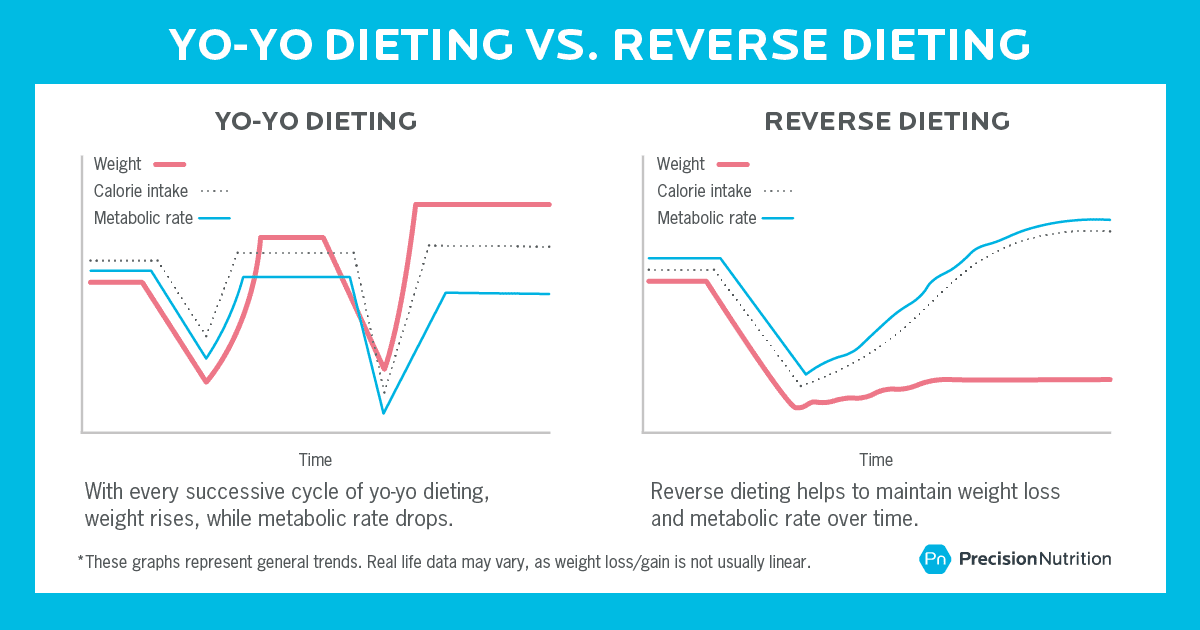
Credit: www.precisionnutrition.com
Hidden Culprits Behind An Ineffective Calorie Deficit
Counting calories is not an exact science. Many food labels are inaccurate, contributing to ineffective weight management. Often, the calories listed can be off, impacting your diet plan.
Proper portion size estimation is crucial but frequently overlooked. A common mistake is eating more than intended, hence consuming more calories. This happens due to miscalculation of portion sizes leading to excess caloric intake.
People tend to overestimate the calories burned during exercise. The actual energy expenditure is often lower than the figures predicted by fitness machines or apps. This misperception can sabotage weight loss efforts.
Food quality significantly affects your body’s metabolism and satiety. Processed foods can hinder weight loss, even in a calorie deficit. Whole foods are better for healthy weight management.
Adjusting Your Weight Loss Strategy
Embarking on a weight loss journey can often be frustrating, especially when scale victories evade you despite adhering to a calorie deficit. It’s crucial to understand that a successful strategy may require more than just counting calories.
Reevaluating daily caloric needs is essential, as your body changes over time. A holistic approach encompasses various aspects of health and well-being.
Incorporating strength training into your routine can be a game-changer. This type of exercise boosts your metabolic rate, helping your body burn more calories, even at rest.
Committing to lifestyle changes plays a pivotal role. Proper sleep, effective stress management, and hormonal balance are all integral components that can influence your body’s weight management.
Credit: www.quora.com
Beyond Calories: Other Considerations For Weight Loss
Many people count calories to lose weight, but it’s not always about the numbers. What you eat matters too. Foods high in nutrients make you feel full longer. This feeling is called satiety. Poor choices may lead to snacking more often.
Good bacteria in your stomach help manage your weight. Unhealthy gut bacteria can make weight loss hard. Eating foods like yogurt can help a lot.
Certain health issues can also affect weight. Sometimes, medicines change how your body handles food and fat. Doctors can check if a condition or medicine is making weight loss hard.
If you’re struggling, consider a dietitian or a doctor’s help. They understand that every person’s body is unique.
Conclusion: Embracing A Comprehensive Approach To Health
Losing weight is often more complex than simple calorie counting. Achieving a healthy balance requires understanding the intricacies of our bodies. Weight loss isn’t instantaneous, and it can be frustrating when results are slow. Patience and persistence are critical throughout this journey. Always remember, each body is unique, and what works for one may not work for another.
Seeking support from professionals or a community can provide motivation and guidance. It’s also beneficial to continue learning about nutrition and fitness. Education empowers us to make better health decisions. Stay committed to your goals, and celebrate small victories. Your health journey is important, and with time, positive changes will happen.

Credit: food.ndtv.com
Conclusion
Navigating the journey of weight loss can often feel like navigating a maze, but understanding why a calorie deficit might not be yielding results is crucial. By addressing overlooked factors, such as metabolic adaptations, nutrient intake, and lifestyle habits, you’ll create a more effective weight management strategy.
Remember, a personalized approach tailored to your unique body and needs is pivotal. Stay persistent, and the scales will eventually tilt in your favor.




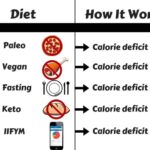

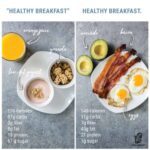

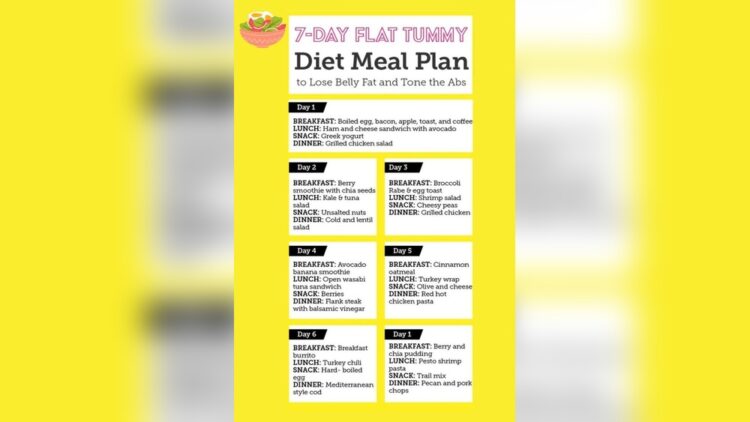
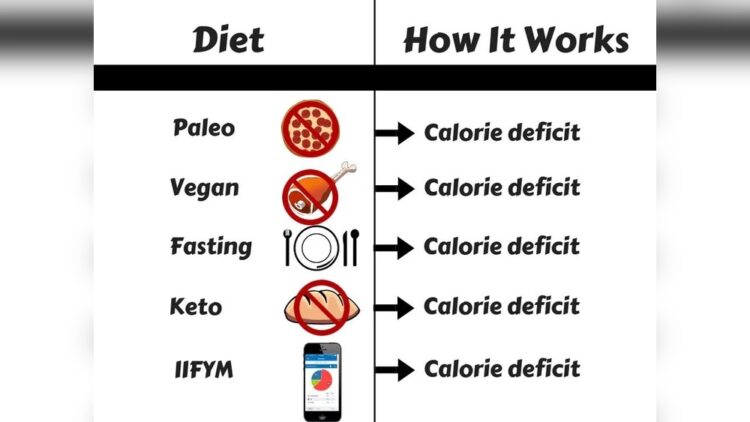
Leave a Reply